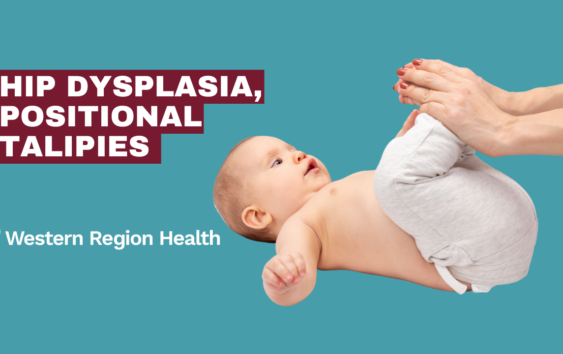General | September 1, 2023
Reviving Your Run: How Radial Shockwave Therapy Can Help Treat Achilles Tendinopathy In Runners
Dr Jarryd Crisp-OSTEOPATH | SENIOR OSTEOPATH-Double Bachelor of Health Science/Applied Science (Osteopathy), Bachelor of Health Sciences
For runners, the rhythmic beat of feet against the pavement can be a source of liberation and accomplishment. However, the constant strain on the body, particularly the Achilles tendon, can sometimes lead to discomfort and injury. Achilles tendinopathy, a common ailment among runners, can put a halt to their stride. Fortunately, a promising solution has emerged in the form of radial shockwave therapy. This non-invasive treatment is gaining traction for its ability to rejuvenate runners suffering from Achilles tendinopathy, helping them return to their beloved activity pain-free.
The Achilles Tendinopathy Challenge
Achilles tendinopathy, characterized by pain, stiffness, and swelling in the Achilles tendon, is a frequent concern for runners due to the repetitive nature of the sport. Traditional treatments such as rest, ice, and physiotherapy can yield mixed results, often requiring extended downtime from running and sometimes resulting in incomplete recovery. This is where radial shockwave therapy steps in.
Radial Shockwave Therapy: Unveiling the Benefits
Radial shockwave therapy is a non-invasive treatment that delivers acoustic waves to the affected area. These high-energy pulses stimulate blood circulation and encourage the body’s natural healing mechanisms. For runners with Achilles tendinopathy, this therapy offers several key benefits:
- Stimulated Healing: The shockwave pulses trigger increased metabolic activity and blood flow to the damaged Achilles tendon. This heightened circulation accelerates the healing process by providing essential nutrients and removing waste products more efficiently.
- Pain Reduction: Radial shockwave therapy has an analgesic effect, alleviating pain by disrupting pain receptors and inhibiting pain signals. This reduction in discomfort allows runners to engage in rehabilitation exercises more comfortably.
- Collagen Regeneration: Runners’ Achilles tendons often suffer from degeneration of collagen fibers, leading to weakened tissue. Radial shockwave therapy prompts the production of new collagen, enhancing tendon elasticity and strength.
- Quick Recovery: Unlike surgical interventions, radial shockwave therapy is minimally invasive, reducing downtime for runners. Sessions typically last 15 minutes, and individuals can often resume light running activities shortly after treatment.
- Long-Term Benefits: Research has shown that radial shockwave therapy not only provides immediate relief but also promotes long-term healing.
Runners no longer need to let Achilles tendinopathy impede their passion for the sport. Radial shockwave therapy offers a beacon of hope, providing a non-invasive, efficient, and effective solution for Achilles tendon discomfort. By stimulating healing, reducing pain, and enhancing collagen regeneration, this therapy enables runners to reclaim their stride and rediscover the joy of running.
Here at Western Region Health, we offer radial shockwave therapy at both our Melton and Bacchus Marsh clinics. If you are unsure whether it would be suitable for you, feel free to call us and speak to one of our friendly practitioners. With its growing body of research supporting its efficacy, this therapy could be the key to unlocking pain-free running for many dedicated athletes!
References:
- Furia, J. P. (2008). High-energy extracorporeal shock wave therapy as a treatment for insertional Achilles tendinopathy. The American Journal of Sports Medicine, 36(3), 502-508.
- Wang, C. J., Chen, H. S., Chen, C. E., Yang, K. D., & Treatment, S. W. (2005). Long-term results of extracorporeal shockwave treatment for plantar fasciitis. The American Journal of Sports Medicine, 33(9), 1-7.
- Lohrer, H., & Nauck, T. (2004). Cross-sectional study on the influence of fascial tissues on active muscle stiffness and damping. Clinical Biomechanics, 19(9), 1015-1022.
- Wang, C. J. (2012). Extracorporeal shockwave therapy in musculoskeletal disorders. Journal of Orthopaedic Surgery and Research, 7(1), 11.


